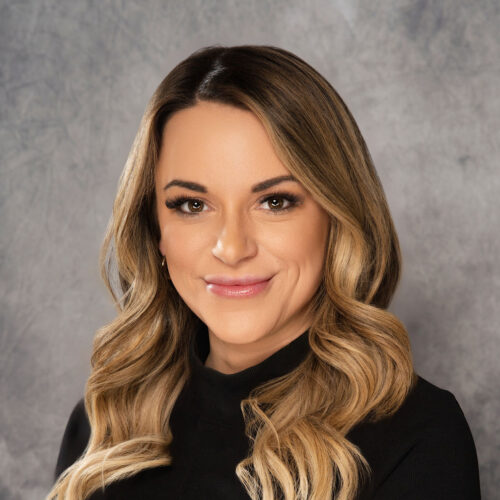
Michelle Rose
Michelle Rose is the Program Coordinator for the One Mind Accelerator Program, where she leverages her diverse experience in administrative operations to help drive impactful mental health initiatives. Joining One Mind in early 2024, Michelle brings over a decade of expertise in supporting startup founders and CEOs, having worked with companies like Squared Away, Pollen, Priya Parker/The Art of Gathering, Spring Discovery, Brock Healing Services, and SOFware. She thrives on helping businesses scale while ensuring their mission aligns with the greater good.
Having witnessed firsthand the impact of mental health challenges—both in her personal life and in the lives of those around her—Michelle is deeply committed to breaking the stigma surrounding mental health issues like severe depression and anxiety. Her own journey with these struggles has fueled her passion for creating spaces where mental health is prioritized and connected to real-world solutions. Michelle earned her Bachelor’s degree with a double major in Psychology and Addiction Studies in 2013, and is currently pursuing an MBA to enhance her ability to drive organizational excellence in the nonprofit sector. Her personal and professional experiences have shaped a strong belief in the power of community, understanding, and resources to support individuals facing mental health challenges. A proud Army spouse for over ten years, Michelle has lived in diverse communities across the U.S. and now calls Alabama home. She is dedicated to using her background to advocate for mental health awareness and to support innovative approaches to improving care, access, and outcomes in the mental health space.
